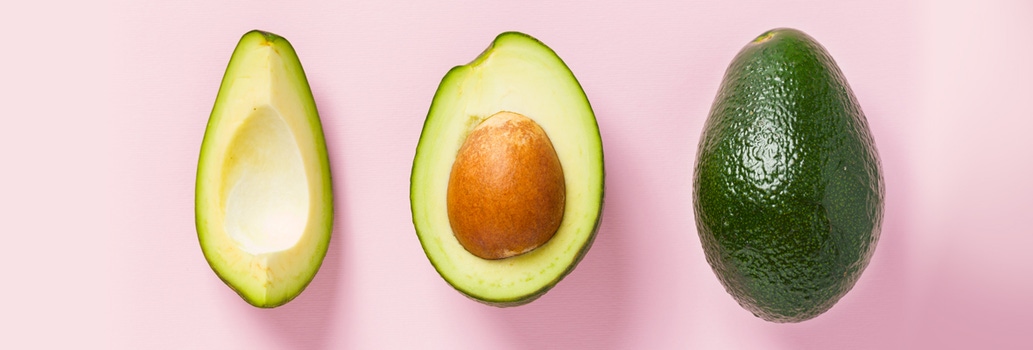
Food in focus: avocado
Avocado is a superstar fruit for all ages. From perfect first food to delicious pre-school toast topper, they are well and truly a fan-favourite fruit among Aussies.
Avocados are a nutrient-rich plant food with almost 20 different nutrients and phytonutrients. Here are 7 more reasons to smash an avo:
Perfect first food
With their soft, creamy texture, mild taste and loads of goodness, avocado is ideal for introducing solids to bubs as one of their first foods. The vitamins and minerals and healthy fats in avocados can help aid growth and development, brain function, and the absorption of nutrients like iron and beta-carotene (vitamin A).
Excellent for growing bodies
Avocados contain potassium and magnesium which are needed for muscle development and movement, and vitamin K for bone building.
Great for weight
Did you know avocado fans have a lower Body Mass Index (BMI), a smaller waist and generally gain less weight over time? Despite being high in fats, they can be part of healthy weight management, when consumed in moderation. The fibre and good fats in an avocado actually help to supress your appetite and keep you feeling full for longer. The science also shows avocados may help manage weight by blocking an enzyme in the body (acetyl-CoA carboxylase) responsible for fat production. However, avocados still are high in energy, so we recommend sticking to about a quarter to a half an avocado a day.
Brain fuel for the classroom
The brain-loving nutrients found in avos (such as niacin, pantothenic acid, folate & vitamin C) help to keep the brain sharp by supporting a healthy brain and nervous system. This makes them a great before-school breakfast food to help keep kids on task and focused in the classroom. Pantothenic acid, folate & vitamin C also help to fight fatigue and can boost energy.
Full of good fat
Avocados are high in good fats. In fact, they are they only fruit, apart from olives, that contain monounsaturated fats. Other important sources of monounsaturated fats include nuts and olives (olive oil) as mentioned. Monounsaturated fats are important as they help to maintain healthy cholesterol levels and help with avoiding heart problems and strokes later in life.
Avocados also contain vitamin E, polyphenols and powerful plant compounds called carotenoids, all of which help to reduce the risk of cardiovascular disease.
Fibre fix
Avocadoes contain both insoluble and soluble fibre. The insoluble fibre or ‘roughage‘ in an avocado helps to prevent constipation, while the soluble fibre helps to manage blood glucose and cholesterol levels.
Eyes, brain, skin and gut
A recent scoping review by the CSIRO looked at all the new areas of scientific research on avocados and their health benefits. While it’s still early days, studies are showing a regular avocado habit could help the body produce vitamin A for better vision and may even reduce the risk of macular degeneration, however more research is needed in this area. Research has also revealed links to improving memory, brain health, gut health and firmer skin.
Here's some of our all-time favourite ways to eat avos (that isn’t just on toast):

The latest nutrition advice, plus health and wellness tips delivered to your inbox monthly


